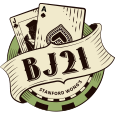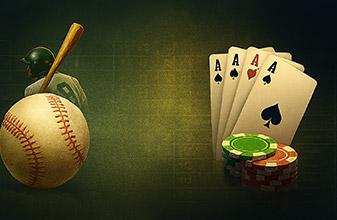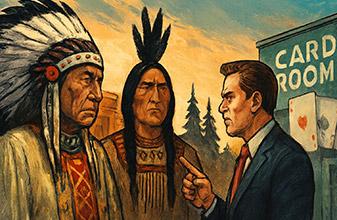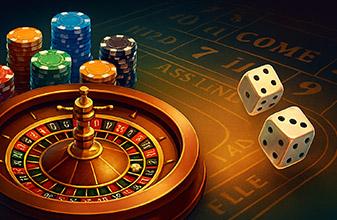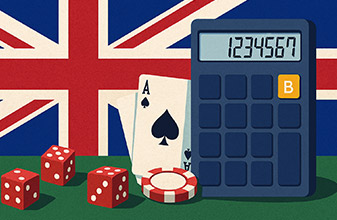Thanks everybody for taking the time to respond.
But, with all due respect, I'm not satisfied with any of the answers, and I simply don't agree with some of the points raised in the responses. I understand that this may be just a silly *mathematical* question and it may not affect the BS players' bottom line one bit, but I think this is an interesting problem (which I'm sure/I hope has already been studied) and I hope some of the participants on this board would feel the same. (BTW, I don't have to be told that the BS has been studied over and over and over again and *therefore* it must be right. All I need is a simple answer (if possible) or a pointer to the previous stuidies. Thanks.)
Since I have slightly better understanding of the problem (thanks to all of you), let me rephrase the question here:
[1] Is the Basic Strategy, defined as the strategy which maximizes the player's gain, or expectation, playing one hand against a complete pack of cards (Peter A. Griffin. The Theory of Blackjack, 6th Ed., p.12), still the optimal strategy, say for the fifth round?
[2] Say, on the fifth round, just before the cards are dealt, open the discarded cards and measure the True Count in a certain balanced count system. Repeat this for millions of times and take the average, and you will get the average value TC==0. Now do the same, but this time deal the hands (say, again on the fifth round) and if the dealer's up card is NOT ten-value card or if the player's dealt hand is NOT 16, then discard the whole try. Try again and only when the dealer's upcard is ten or face and the player's hand is 16, open the discarded tray (excluding the dealt hands) and add its TC into the sampling pool. Repeat this millions of times. Is the average TC before X-16 has been dealt still zero or some other non-zero value?
I hope I stated the question clear enough. I would greatly appreciated it if anybody could point me to any relevant references.
~Black Jack in the Box.

